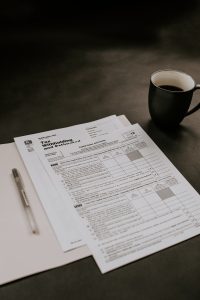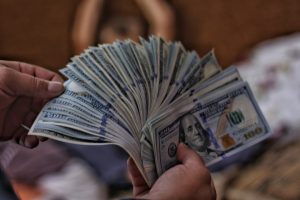The forex market is the largest and most liquid financial market in the world, with an estimated daily turnover of over $5 trillion. It is where currencies are bought and sold, and where traders can profit from fluctuations in exchange rates. But who exactly trades in the forex market and why?
Individual Traders
Individual traders, often referred to as retail traders, account for a significant portion of forex market participants. These traders are typically individuals who trade from their own accounts, rather than working for a financial institution. They can range from beginners with little to no experience to seasoned professionals.
One of the reasons why individuals trade forex is the accessibility of the market. Unlike other financial markets, such as the stock market, forex trading is available 24 hours a day, five days a week. This means that traders can trade at any time, making it a flexible option for those who have other commitments during regular trading hours.
Another reason why individuals trade forex is the potential for profit. With leverage, traders can control larger positions with a smaller amount of capital. This means that even small movements in exchange rates can result in significant profits. However, it is important to note that leverage can also amplify losses, making risk management crucial in forex trading.
Institutional Traders
Institutional traders, also known as professional traders, are individuals who trade on behalf of financial institutions such as banks, hedge funds, and investment firms. These traders have access to larger amounts of capital and often use sophisticated trading strategies.
One of the reasons why institutions trade forex is to generate profits for their clients or investors. They may also use forex trading as a way to hedge against currency risk in other investments. For example, a company that operates internationally may use forex trading to hedge against fluctuations in exchange rates that could impact their profits.
Central Banks
Central banks are the primary regulators of the forex market and also participate in forex trading themselves. They are responsible for implementing monetary policy and maintaining the stability of their respective currencies.
One of the reasons why central banks trade forex is to manage their foreign exchange reserves. Foreign exchange reserves are assets held by central banks in foreign currencies, which can be used to support their own currency in times of economic instability. Central banks may also intervene in the forex market to influence the exchange rate of their currency.
Conclusion
In summary, the forex market is traded by a diverse range of participants, including individual traders, institutional traders, and central banks. Each group has its own reasons for trading forex, whether it is to generate profits, hedge against risk, or manage monetary policy. Regardless of the reason, forex trading is a dynamic and constantly evolving market that offers opportunities for traders of all levels.






